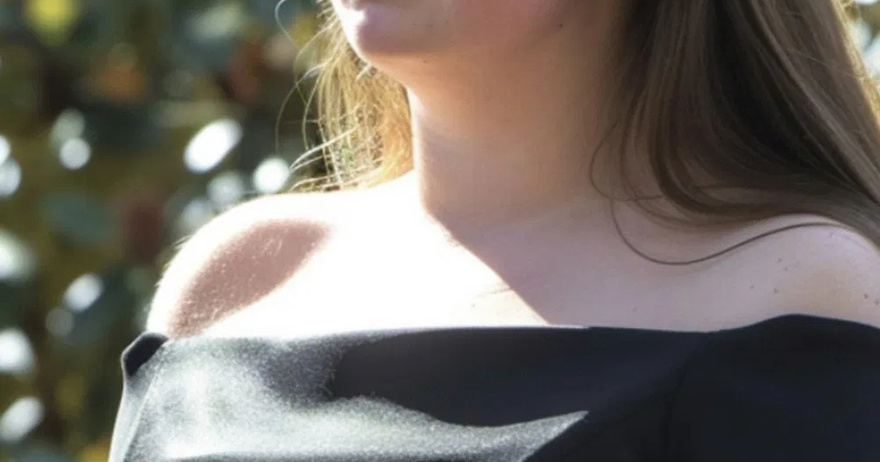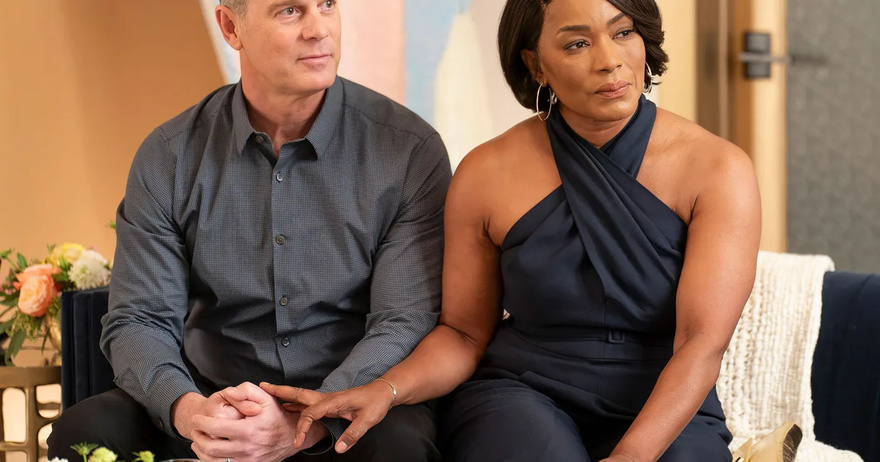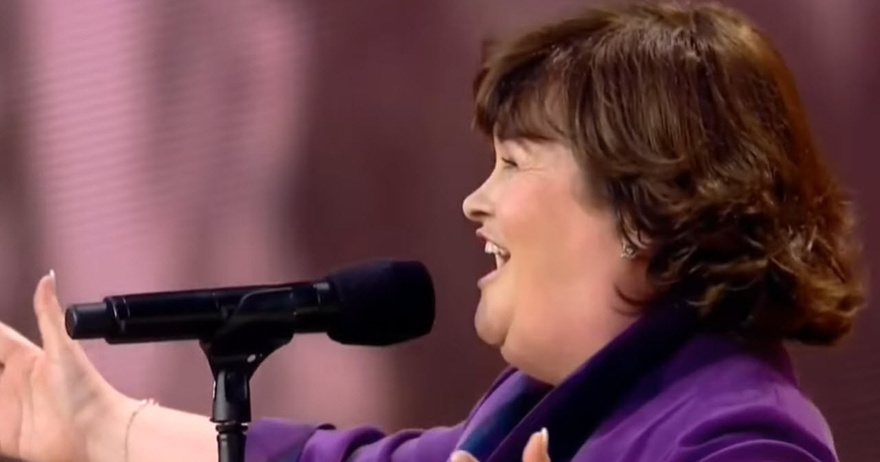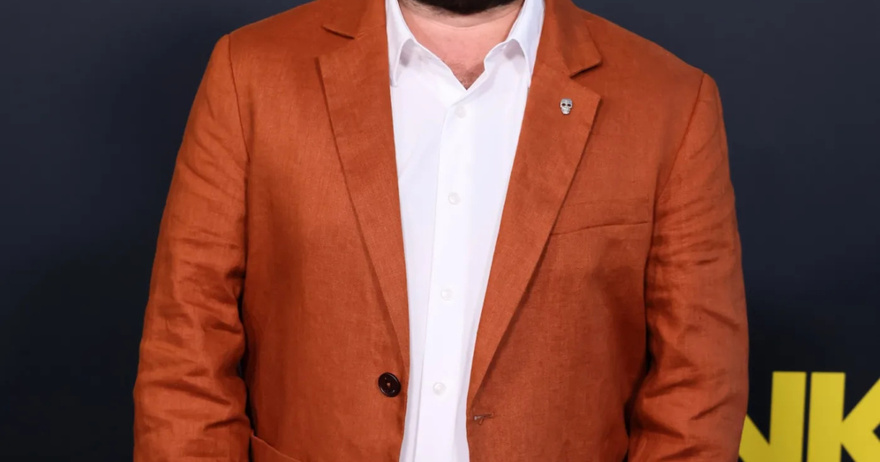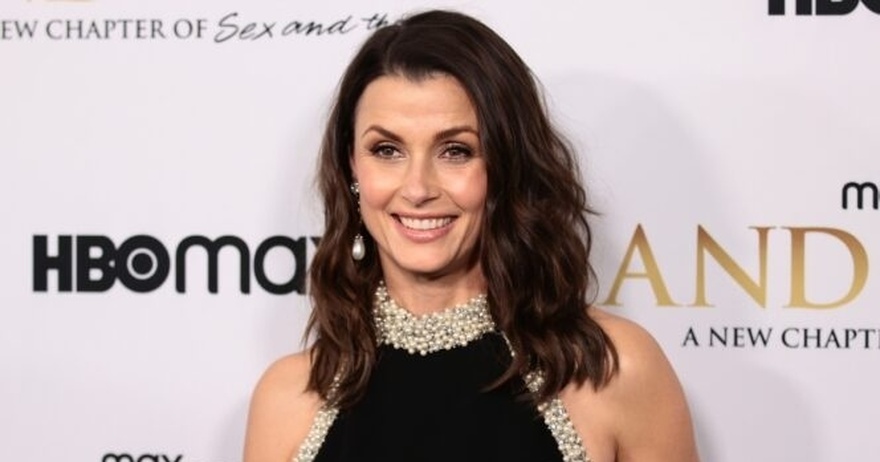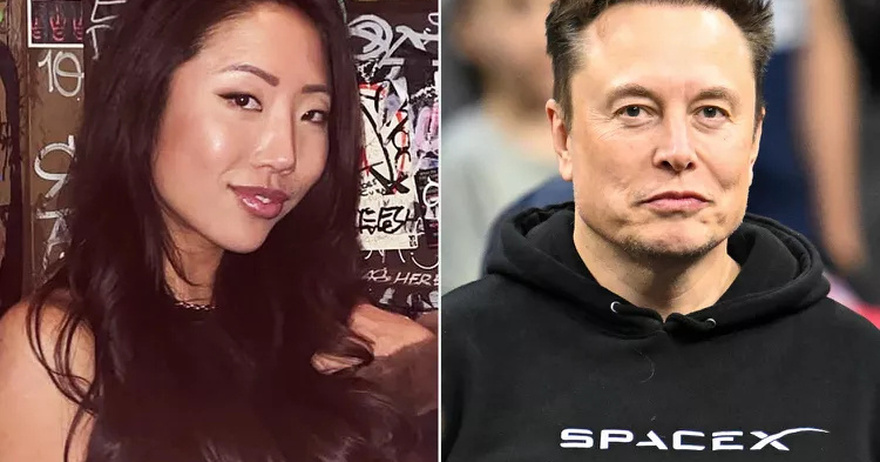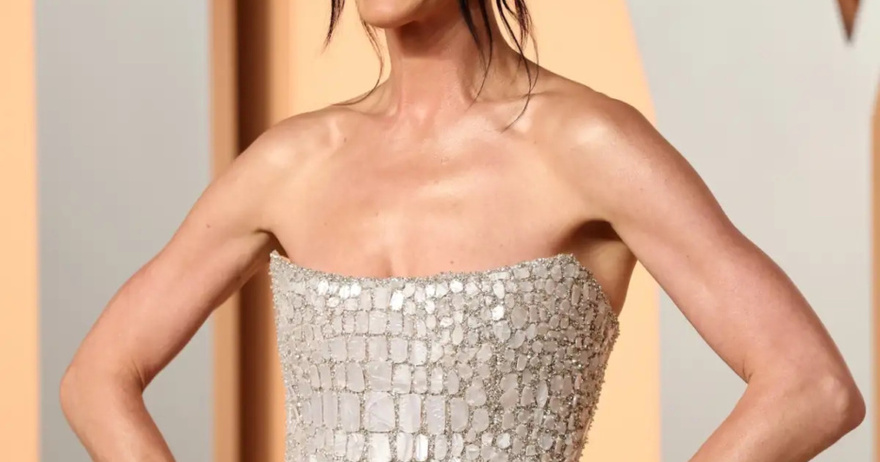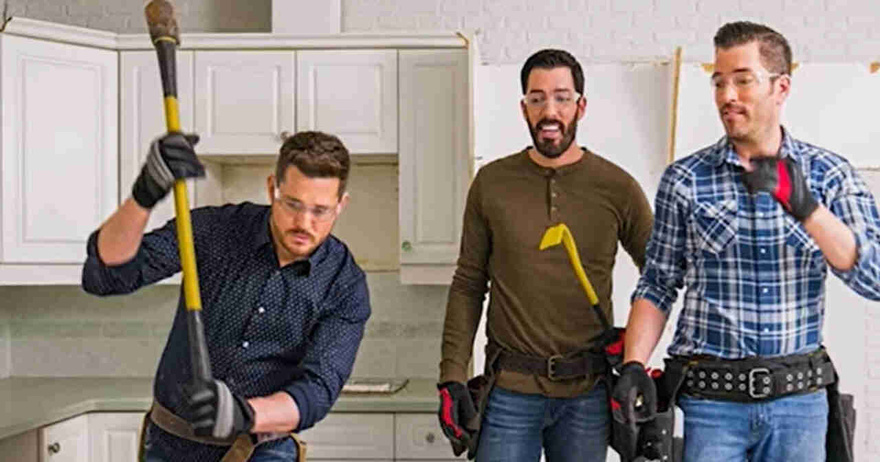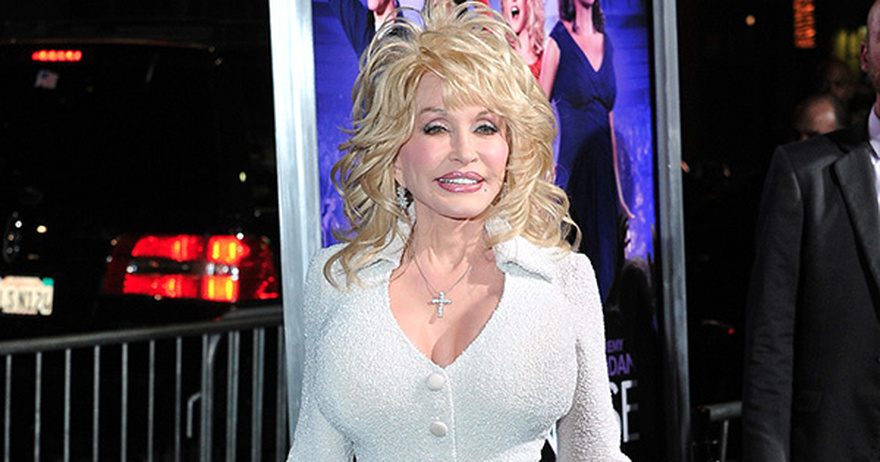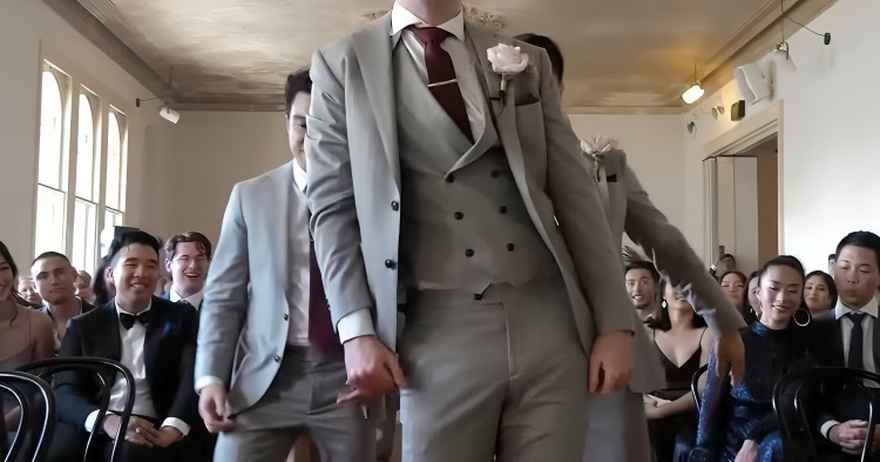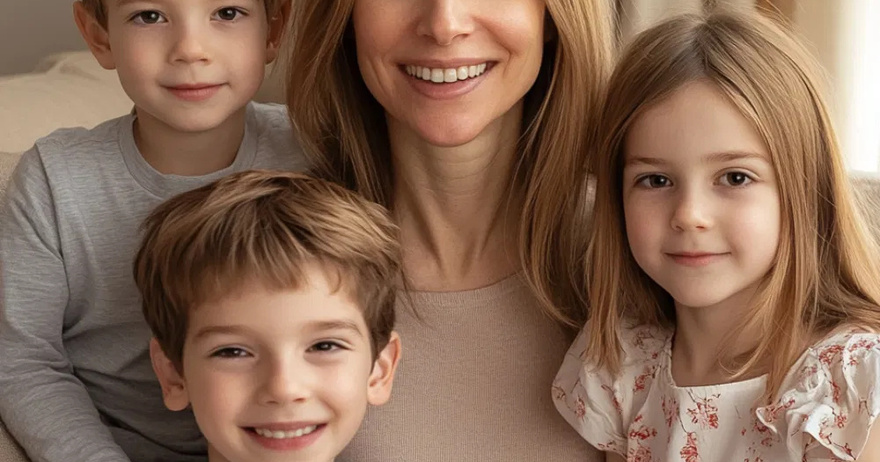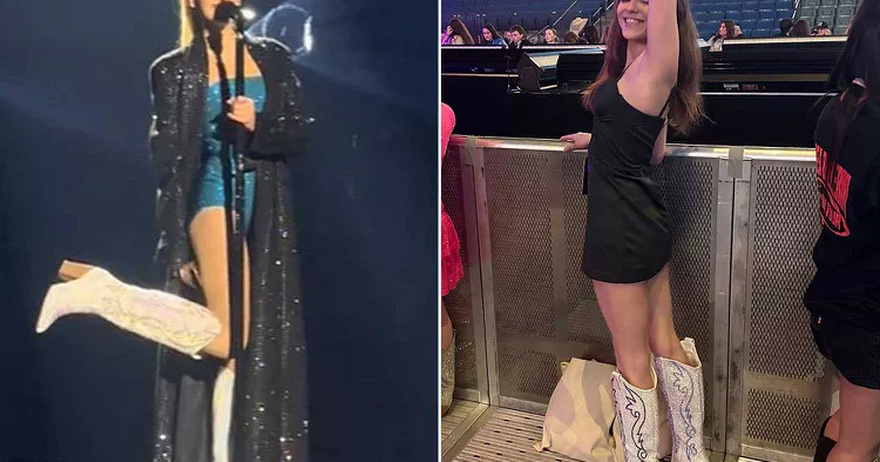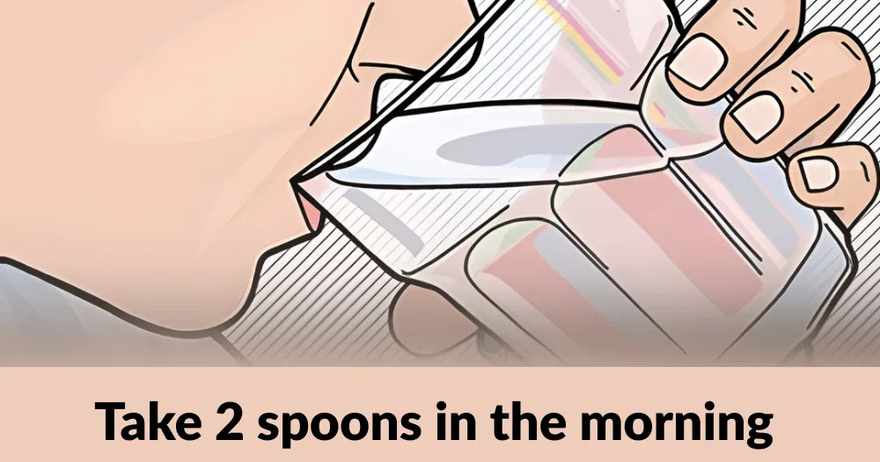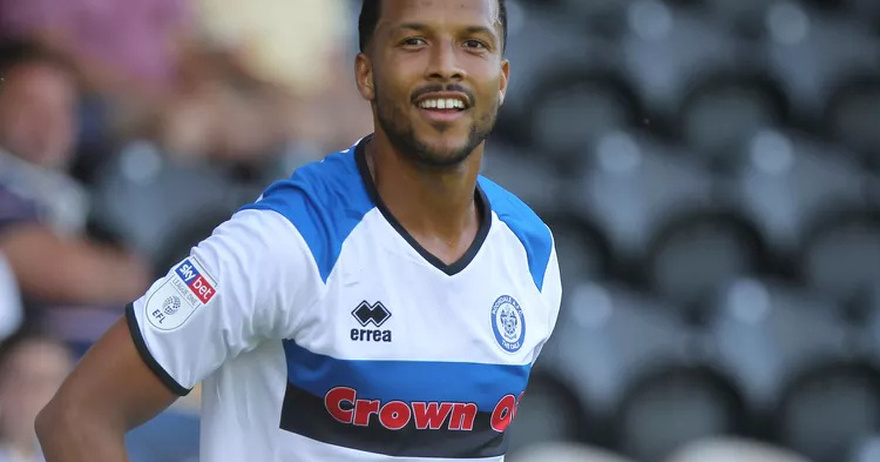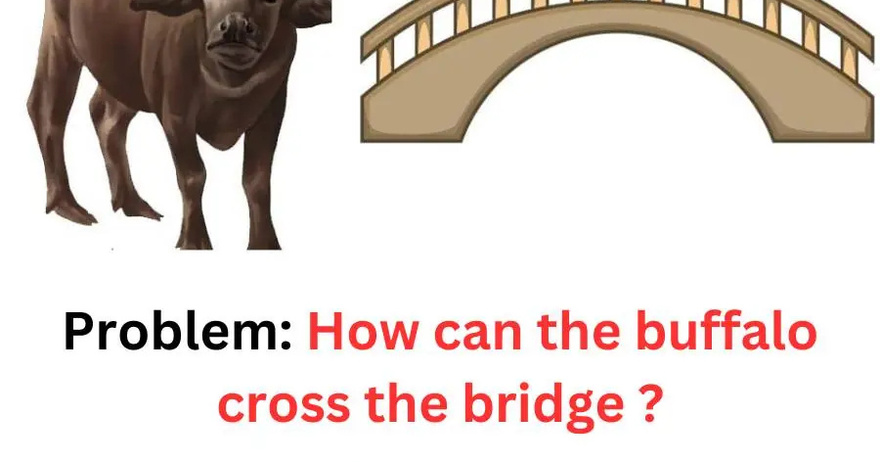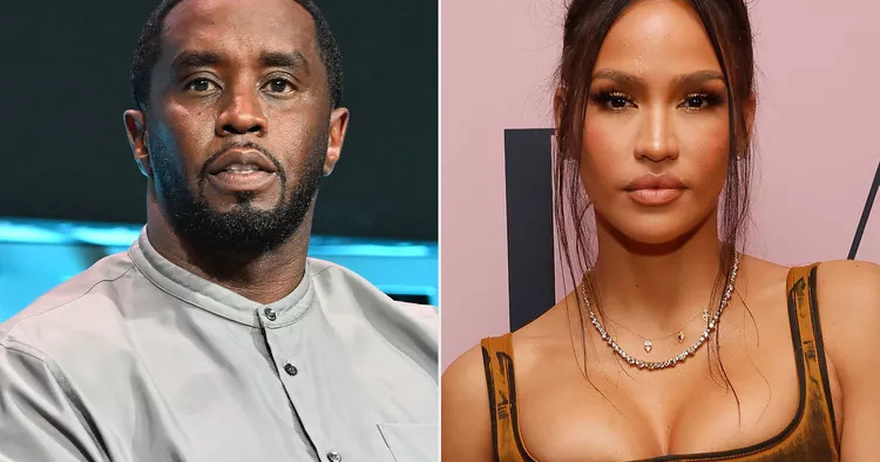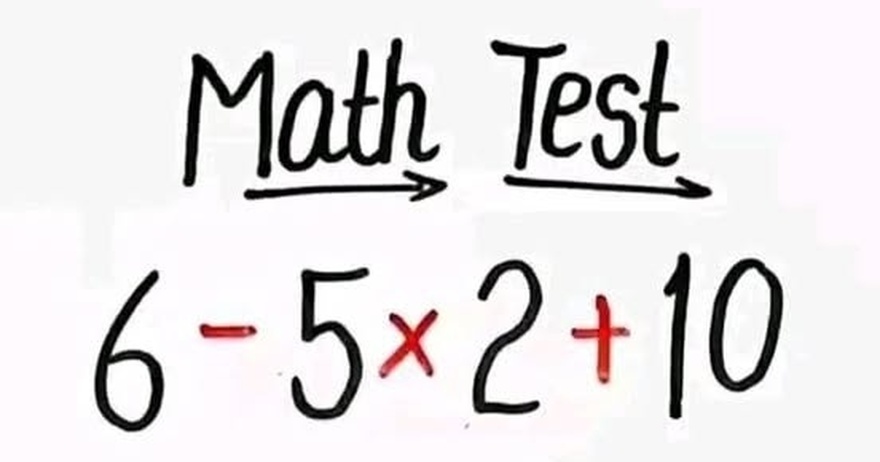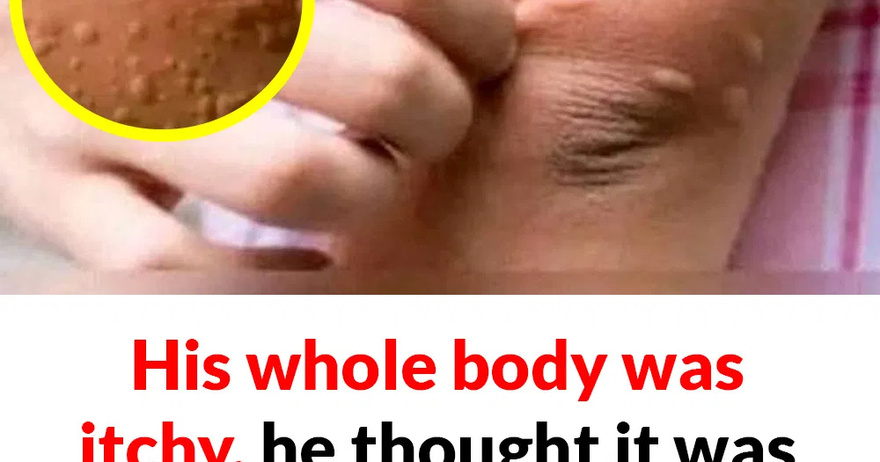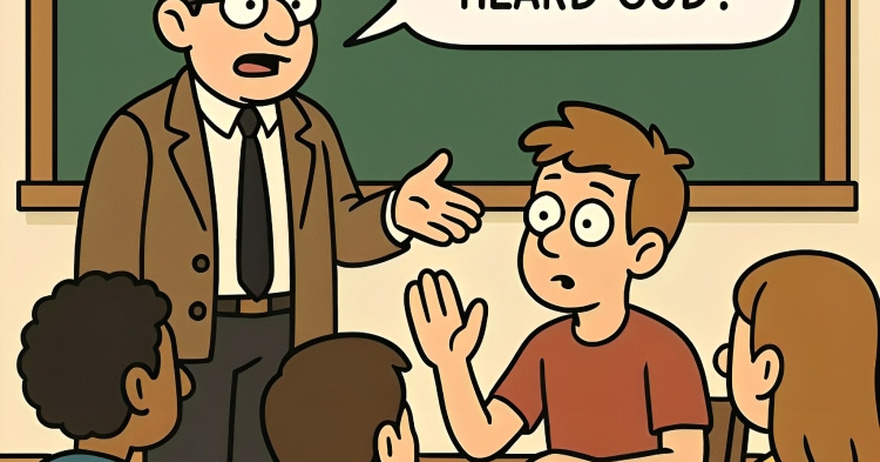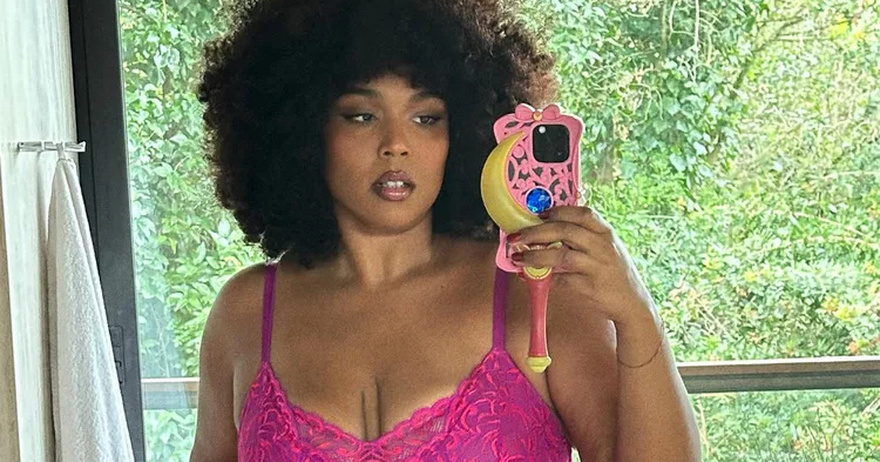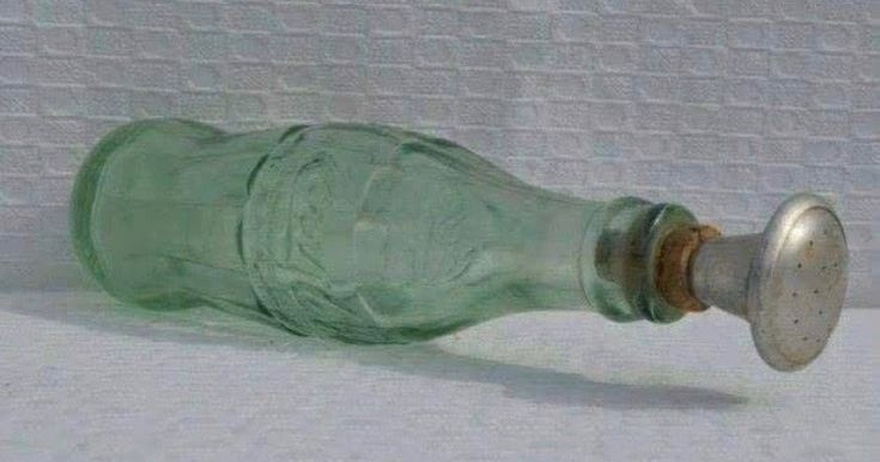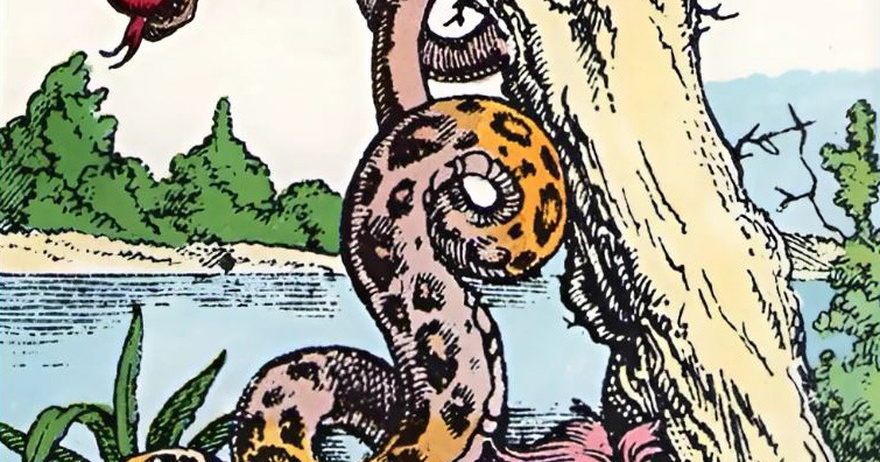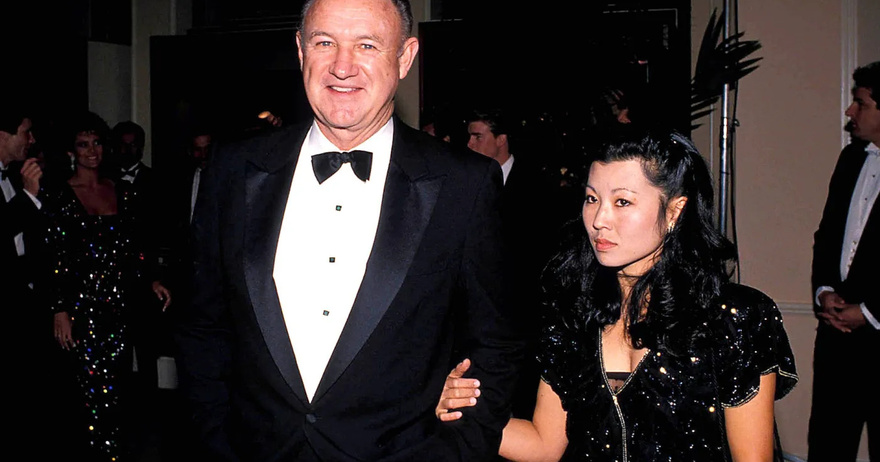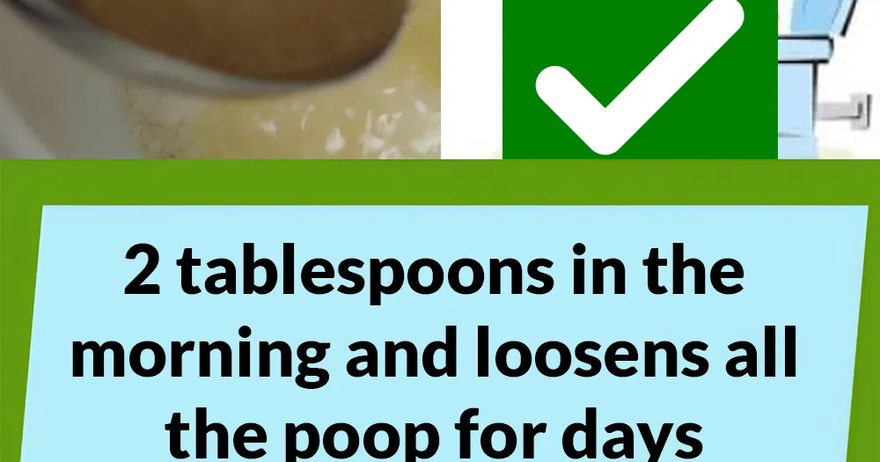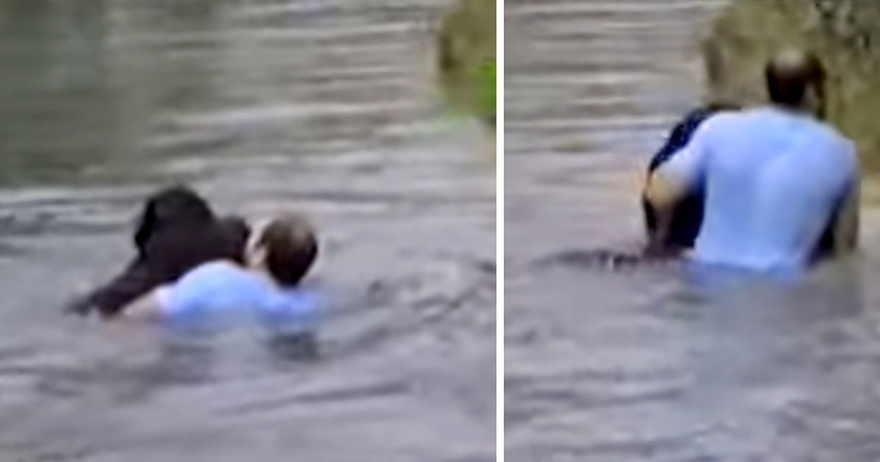Growing up, I didn’t know my dad Richard.
He left when I was three — or so I was told.
Any time I asked, my mom would say, “He made his choice,” and shut down the conversation. She refused to let him contact me, tore up his letters, and once, I even found a birthday card in the trash — unopened. I never questioned it. I trusted her.
When I got older, I never reached out. Why would I? I thought he’d abandoned me.
Then, a few months ago, I got a call — he had died. I almost didn’t go to the funeral, but something made me show up. I planned to sit quietly in the back.
Instead, I ended up in the lawyer’s office.
His widow — the woman my mom always hated — gently took my arm. Her eyes were red.
“HERE’S SOMETHING YOU DIDN’T KNOW,” she said, and handed me a key.
I stared at the key resting in her palm, a tangible link to the father I never knew.
“We’ll begin,” the lawyer said. “Richard left behind specific instructions for this reading, requesting your presence, Ms. Carlson.”
He paused, his gaze meeting mine with a hint of solemnity. “To his daughter, Emily, he leaves the contents of a personal safe, a trust fund established some years ago, and a written letter, to be delivered to you personally.”
My heart stopped of disbelief and a flicker of something akin to hope. “He mentioned me? Specifically?”
“Yes,” he confirmed, his tone clear and unambiguous. “Specifically and clearly, Ms. Carlson.”
He pulled out a sleek black box with a small silver dial and set it carefully on the polished mahogany table. Laura gently slid the small key I’d been carrying into the tiny lock. Inside were papers—some yellowed with age, others more recent, neatly organized in labeled files. He handed me the top file.
“These are court documents,” he explained, his voice matter-of-fact. “Your father petitioned for visitation rights several times throughout your childhood.”
My hands trembled as I opened the file. There were official stamped forms, formal letters from lawyers, even dates of scheduled court hearings, all chronicling a battle I had been completely unaware of.
“He was never accused of abuse or neglect, Ms. Carlson,” the lawyer continued, his gaze steady. “Your mother… she consistently claimed emotional instability, citing concerns about his ability to provide a stable environment. However, there was no supporting medical evidence presented, no corroborating testimony. Just her repeated statement.”
I looked at Laura, my eyes searching for confirmation. She nodded sadly, a silent acknowledgment of a painful truth.
“There’s more, Ms. Carlson,” the lawyer said, pointing to a typed memo clipped to one of the documents. “This memo… mentions the primary reason behind her persistent resistance. After the divorce, your father remarried your mother’s former best friend.”
My breath caught in my throat, “What?”
“She never forgave him, Emily,” Laura whispered, her voice filled with a quiet understanding of the long-held resentment. “She cut him out of her life completely. And she… she made it virtually impossible for him to reach you, intercepting any attempts he made.”
I pulled out more papers, my fingers tracing the familiar, careful handwriting on the envelopes. Letters addressed to me, my name so clearly written. Return-to-sender marks, stark red stamps of rejection. Unopened birthday cards in cheerful little envelopes. Packages with my name and address, all stamped ‘Undeliverable,’ silent testimonies to a love that was never received.
My throat ached with a sudden, overwhelming wave of emotion. “He tried,” I whispered, the realization hitting me with the force of a physical blow.
“Yes, Emily,” Laura said softly, her eyes filled with a gentle sorrow. “He never stopped trying.”
The lawyer slid a thick envelope across the table towards me, its weight substantial.
“This is the documentation for the trust fund,” he explained. “And this… is the personal note he left for you. He wanted you to have it directly.”
I unfolded the crisp paper, my hands trembling so violently that the words blurred before my eyes.
“For the life I wish I’d been allowed to give you, my dearest Emily. I hope this helps you build it anyway, in your own way. Please know, I never stopped loving you, not for a single day.”
Tears fell silently, hot against my skin, blurring the ink. I couldn’t speak, the weight of his words, his enduring love, too profound for immediate expression.
We drove to their house in silence, the unspoken revelations hanging heavy in the air. My mind buzzed, a chaotic mix of grief, anger at the years lost, and a strange, unexpected sense of connection. Inside, Laura led me down a narrow hallway, the familiar sounds of a lived-in home a stark contrast to the sterile silence of the lawyer’s office. At the end of the hallway, she paused beside a small white door, her hand resting on the doorknob.
“He asked me not to change this room, Emily,” she said softly, her voice filled with a poignant tenderness. “Not even after he got sick, when things became so difficult.”
She opened it slowly, revealing a room frozen in time, a poignant testament to a love that had been kept at bay. It looked like a memory museum, not of him, but incredibly, of me.
There were shelves filled with framed school photos, chronicling my growth from a gap-toothed kindergartener to a confident high school graduate. Clippings from my high school newspaper, articles I had long forgotten. A program from my college graduation, a proud milestone he had witnessed from afar.
I stepped closer, drawn into this intimate space. My favorite childhood book, its cover worn and faded, sat on the desk. My fifth-grade art project, a wobbly clay bowl I had proudly given to a family friend, sat on a shelf, a testament to a small, forgotten triumph.
“How did he get all this?” I whispered, my voice thick with emotion, trying to comprehend the extent of his secret observation.
“He followed everything he could, Emily,” Laura said softly, her eyes filled with a gentle understanding. “Social media, old friends, anyone who would give him even a small scrap of your life. He kept it all here, treasured every little piece.”
In the corner of the room, a single dried flower, its petals brittle with age, was carefully taped to the wall, a silent symbol of a momentous occasion.
“That’s from your graduation bouquet,” she explained, her voice barely above a whisper. “He stood at the very back of the field, Emily. He didn’t want to ruin anything, didn’t want to cause any disruption. He just wanted to see you, to witness your achievement.”
I stared at it, frozen in place, the weight of his unseen presence overwhelming.
“He called this his ‘hope room,’” she said, a gentle sadness in her voice. “He hoped, with all his heart, that one day you would walk through that door.”
I turned in a slow circle, taking it all in, the tangible evidence of a life observed from a distance, a daughter loved in silence.
“I thought he didn’t care,” I said, my voice cracking with the weight of years of misplaced anger and hurt.
“He always did, Emily,” she whispered, her gaze meeting mine with unwavering sincerity. “He just wasn’t allowed to show you.”
I sat on the edge of the bed, my fingers tracing the faded ink on one of the birthday cards he had written but never sent.
I had carried so much anger for so long, a heavy burden that had shaped my perception of the past. But now, looking at this room, at these tangible pieces of his hidden love, all I could feel was a profound sorrow. Not just for me, for the years of a father’s presence I had missed, but for him, for the pain of being kept away from his child, for the love he was never able to fully express. And for the first time in my life, surrounded by these silent testaments to his affection, I didn’t feel entirely alone.
I started seeing Laura once a week, drawn to the unexpected connection we had forged in the wake of loss. At first, it felt awkward, navigating the unfamiliar terrain of a relationship built on shared grief and a father I barely knew. We’d sit in her cozy kitchen, sipping tea, talking about the mundane details of life – the weather, the traffic – hesitant to delve too deep into the raw emotions that still lingered. But little by little, as trust grew, we opened up, sharing memories and piecing together the fragmented image of Richard.
She showed me old photos, snapshots of a life I had been excluded from – my father fishing with a wide, joyful grin, laughing heartily at some unseen joke, dancing clumsily in the living room with two small children perched precariously on his shoulders.
“He loved to cook,” she told me one sunny afternoon, a fond smile gracing her lips. “Pancakes every Saturday morning, without fail. He even used to make silly faces with the syrup, much to Caleb and Lily’s delight.”
I smiled weakly, a bittersweet pang in my chest at the normalcy of these missed moments.
Then she said, her gaze gentle, “They’d love to meet you, Emily. If you’re ready.”
I wasn’t sure if I was truly ready to meet the half-siblings I never knew existed, children who had shared a life with the father
Wendy’s Reacts to Backlash Over Joke About Leaving Katy Perry in Space: ‘Always Bring a Little Spice’
Michael Bublé Is Living The Good Life With His Family In A Multi-Million Dollar Mansion In His Hometown.
Dolly Parton’s best duet yet: ‘There Was Jesus’
Grooving Groom Daniel Lewis’s Epic Dance Entrance With His Boys Makes Wedding Goes Viral.
